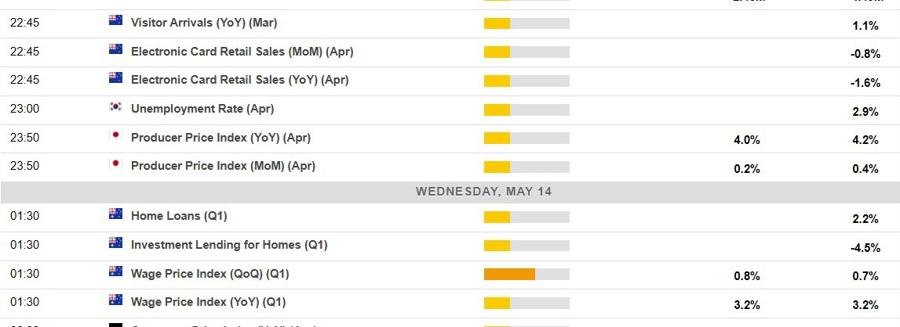How to Use an Economic Calendar to Stay Ahead in the Markets
Staying informed about key financial events is crucial for any trader or investor. An economic calendar offers a clear overview of upcoming economic releases, central bank meetings, and significant market-moving events. In this article, you’ll learn how to use an economic calendar effectively and why it should be an essential part of your trading routine.

What Is an Economic Calendar?
An economic calendar is a tool that lists scheduled news events, such as economic data releases and speeches from central bank officials. These events can impact currency values, stock indices, and commodities. By knowing what's coming, traders can prepare for potential market volatility.
Typically, an economic calendar includes information such as the event’s date and time, the country involved, forecasts, and previous results.
Why Should Traders Use an Economic Calendar?
Using an economic calendar keeps you prepared for possible market shifts. For example, Australian wage growth data or employment reports can move the Australian dollar. See how wage growth influences inflation and market expectations in Australia.
Traders also monitor US data, such as Producer Price Index releases and weekly jobless claims, to anticipate potential movements in USD-related pairs. Critical news about jobs, inflation, or interest rates can have a swift impact on global financial markets.
Key Events to Watch For
Some economic events attract more attention than others. These typically include:
- Central bank meetings (like the Federal Reserve or the European Central Bank)
- Employment reports (Non-Farm Payrolls, unemployment rates)
- Inflation data (CPI, PPI)
- GDP growth figures
- Major speeches from policymakers
For instance, the upcoming Fed policy talks and Australia’s jobs report offer insights that can affect not only currencies but also stock markets globally.
How to Read an Economic Calendar
Understanding the economic calendar means knowing how to interpret forecasts and previous results. Events often come with market consensus predictions. If the actual data differs significantly from these forecasts, volatility can spike.
Time is critical: all events are listed with release dates and times (usually in GMT or the platform’s default). This helps traders plan their sessions or set alerts for high-impact news.
Tips for Maximizing the Economic Calendar
- Set Alerts: Use built-in tools to receive notifications ahead of major events.
- Filter Events: Focus on countries, markets, or event types relevant to your strategy.
- Check Multiple Sources: Combine calendar data with market analysis for a more complete view. For example, Reuters frequently publishes day-ahead market previews and analysis, helping you interpret the data's market impact.
- Stay Flexible: If the market responds unexpectedly to a known event, adjust your positions accordingly.
Conclusion
An economic calendar is an indispensable tool for anyone trading in financial markets. It provides advance notices of events that can influence prices and volatility. Staying updated helps you make better decisions and avoid unexpected shocks. Start using an economic calendar today to take control of your trading routine and increase your chances of success.